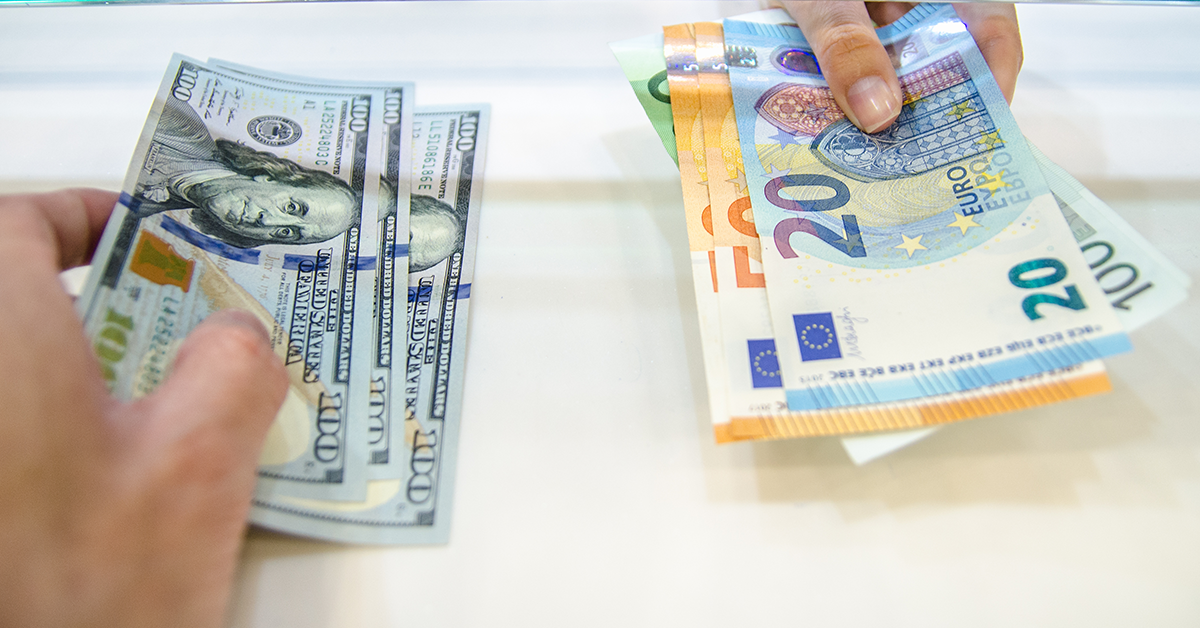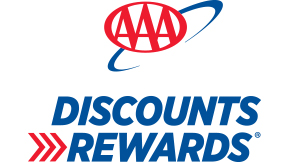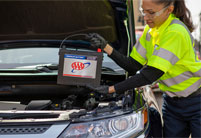Travel pros know foreign currency is a must
Travel pros know foreign currency is a must

Are you bringing foreign currency on your trip? The question is one that U.S. travelers don’t track as closely as our foreign counterparts and is possibly one of the last thoughts most consider when planning a trip.
Bringing foreign cash, and how much to bring, is as important as making sure your credit card providers know you are traveling internationally. Foreign currency enables you to pay like a local, provides an important backup payment method, and is the most common payment for small transactions.
The top two reasons leisure travelers venture out internationally are to experience the local culture and shopping. World-renowned markets like the Borough Market in London, Le Marché Monge in Paris, or the Grand Bazaar in Istanbul give you access to amazing local food, unique clothing, and exposure to other goods you’ll never find anywhere else. Many international merchants prefer cash since credit card processing fees and exchange rates affect their profit. Consumers can help cut out those costs by paying with cash. Thus, the vendors are more willing to negotiate on the price of goods or services. And who doesn’t like to brag about the deal they got?
While merchants love accepting cash, cash is also the most accepted payment worldwide. Cash is a secure payment with no reliance on technology and card processors. While card security protections are designed to protect your account by quickly locking your card when suspicious activity occurs, this is not easy to deal with when traveling. Being stuck in an unfamiliar environment, navigating how to pay for your next meal or have your family wire you money is time consuming. Therefore, having foreign currency in your wallet is an important complement to your credit card on your travels.
Determining how much currency to bring is another factor in your travel wallet. Your travel habits must be considered. More than half of all transactions under $10 and more than a third of all transactions under $25 are paid for in cash. Along with your shopping, think about transportation and what you’ll be eating. Taxis, cafes, gifts, and street fare are enjoyed common small-ticket items typically paid in cash. Many travelers plan for at least $100 per day in cash.
Planning your travel wallet will save you time, headaches, and money. Arranging international travel money should be done ahead of time. Foreign currency is usually not available on the same day as your trip. While you can wait until arriving at your destination, ATMs in foreign countries can become costly with ATM fees and ATMs are the most prevalent places for card-skimming (taking your card information). Minimizing the chance of card fraud should be top of mind for the safe traveler.
International travel is full of excitement and anticipation for new experiences and plans. Ease your payment worries by ensuring you have a secure backup payment and are ready to buy how you want, when you want. With foreign currency as a staple in your travel wallet, you’re a travel pro.
Prepare for your next journey with AAA Foreign Currency provided by CXI. Visit your local AAA or AAA.com/ForeignCurrency to purchase.












